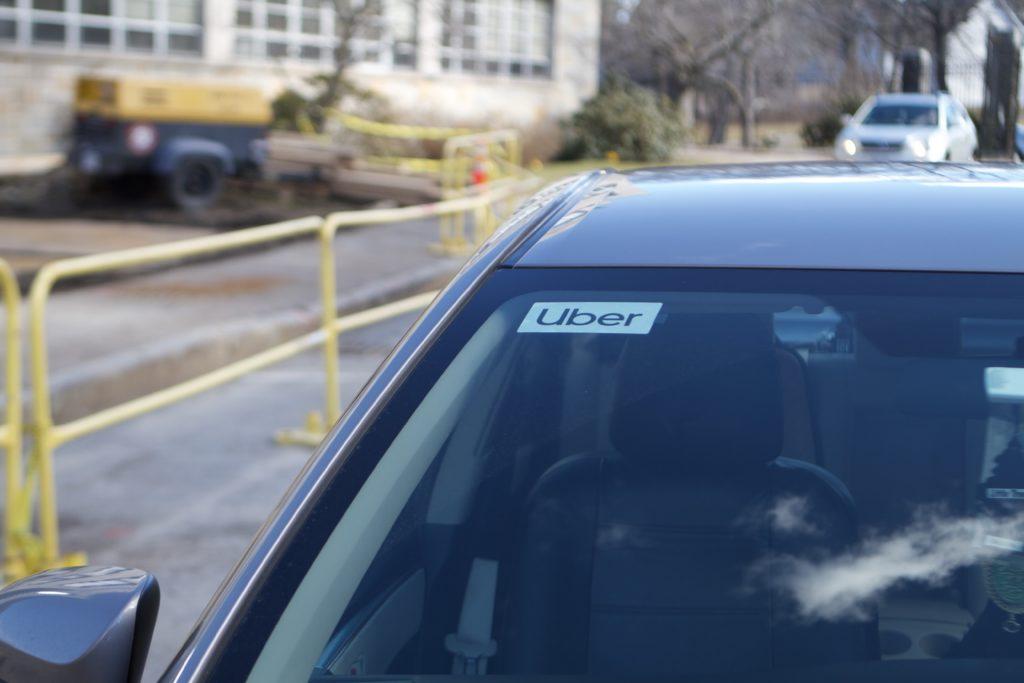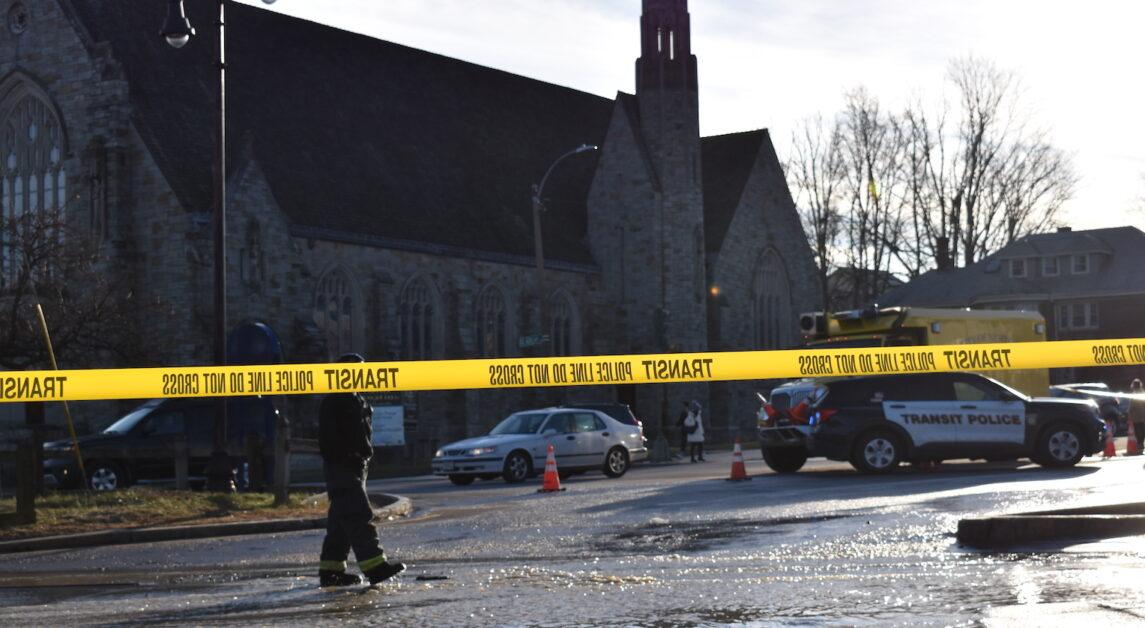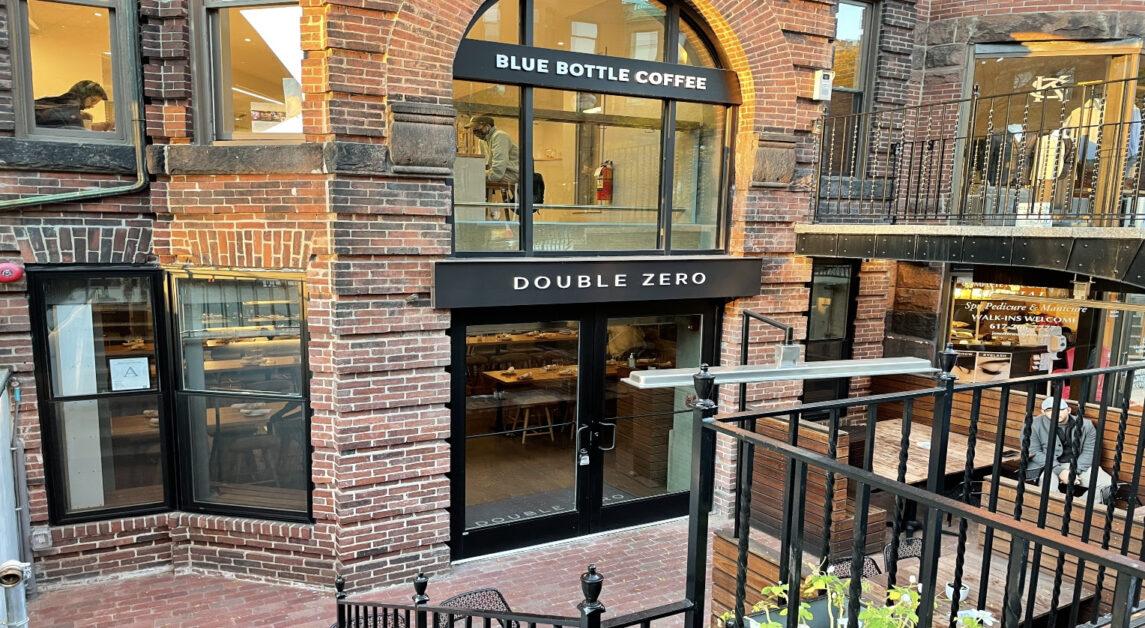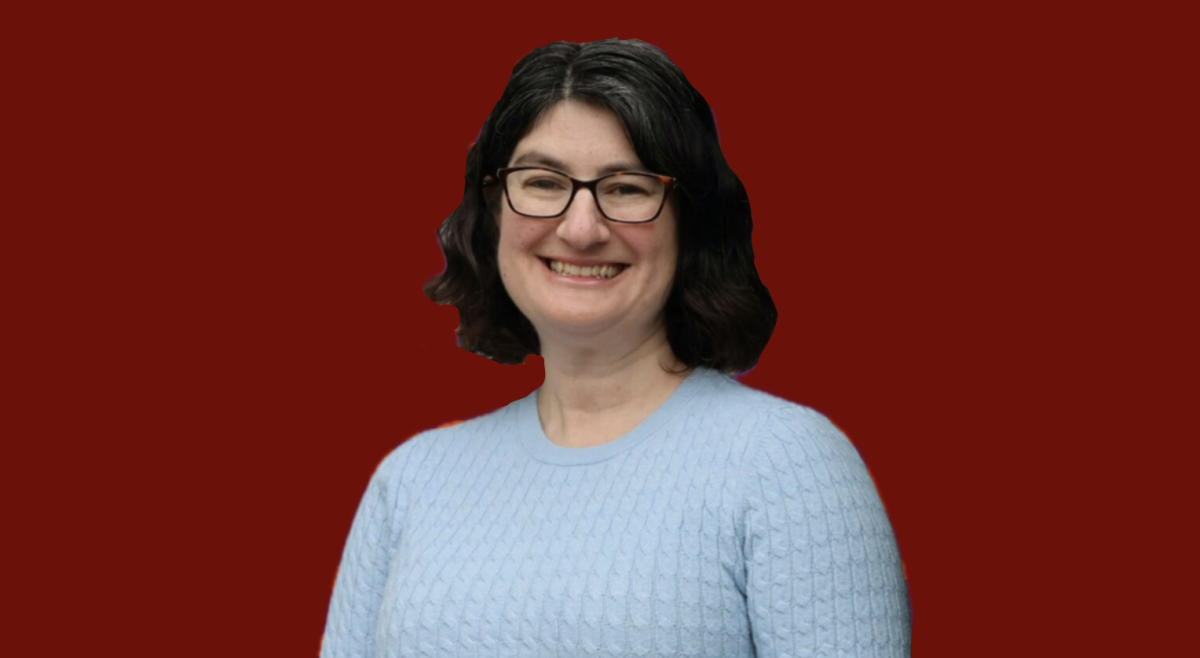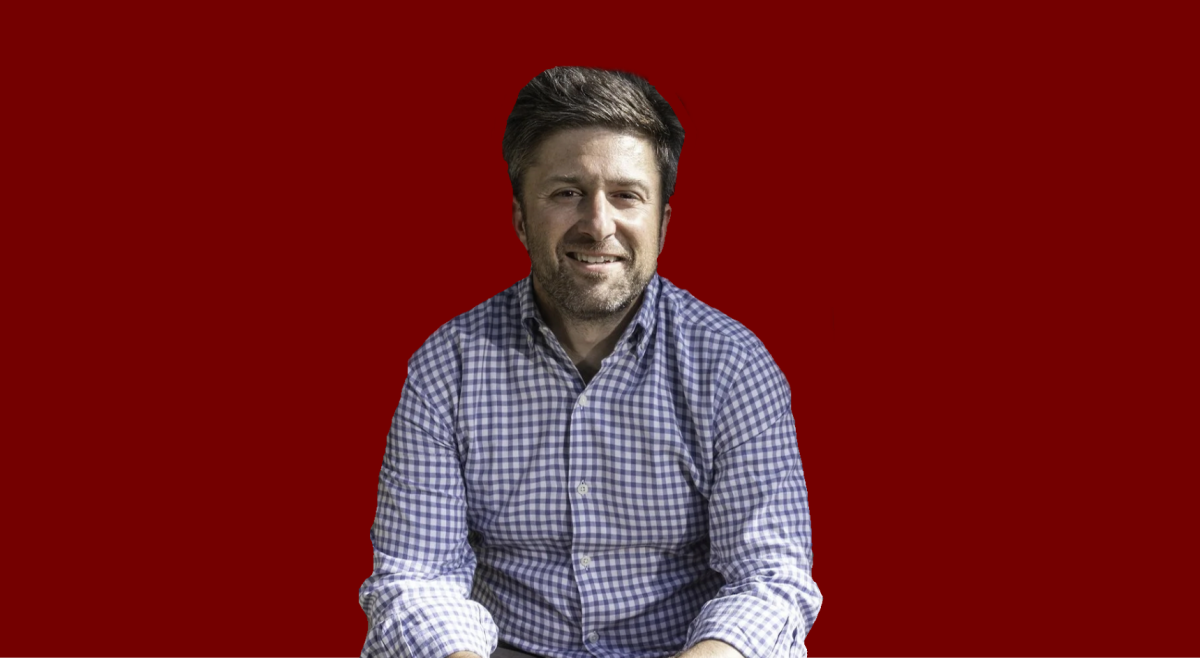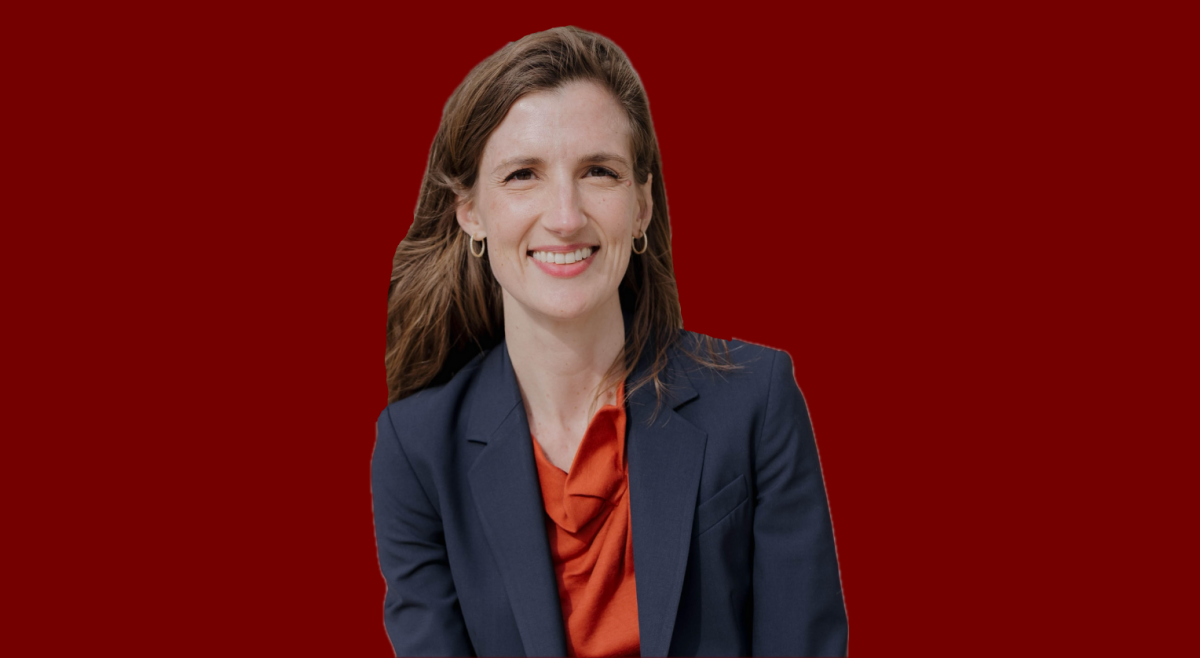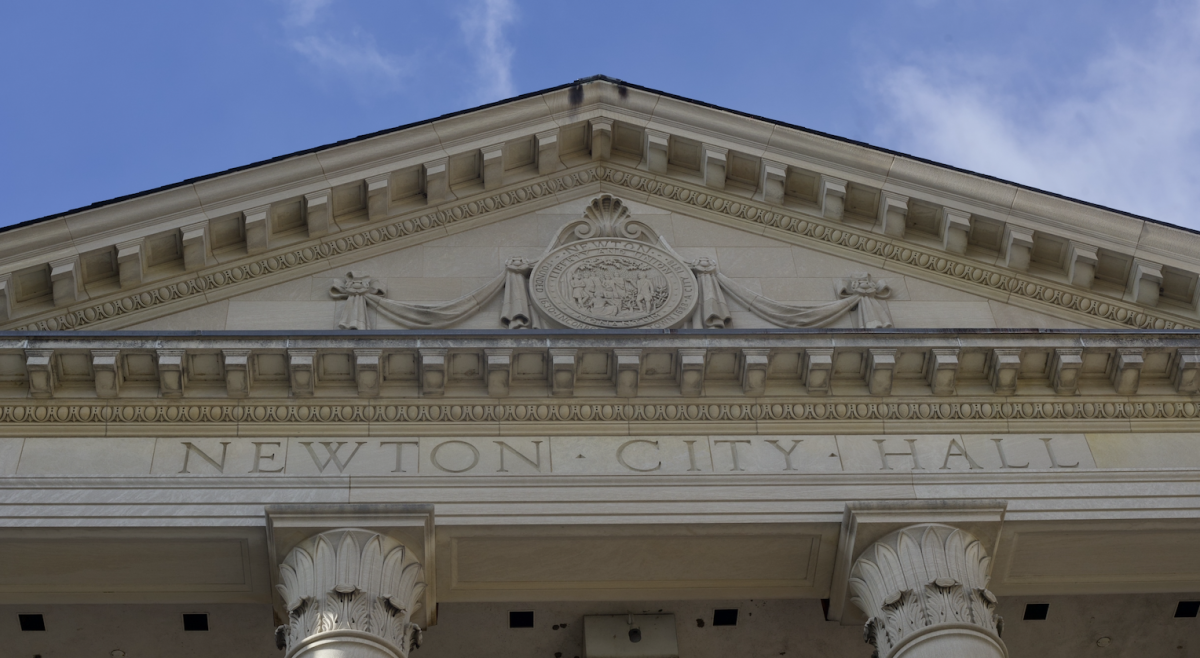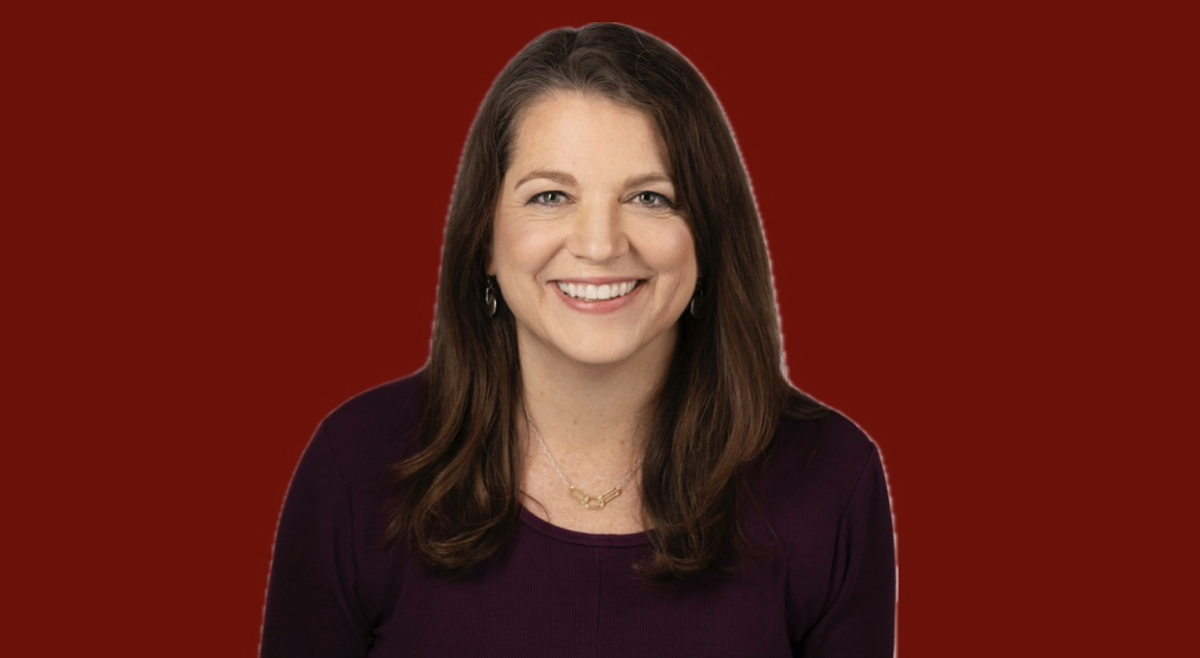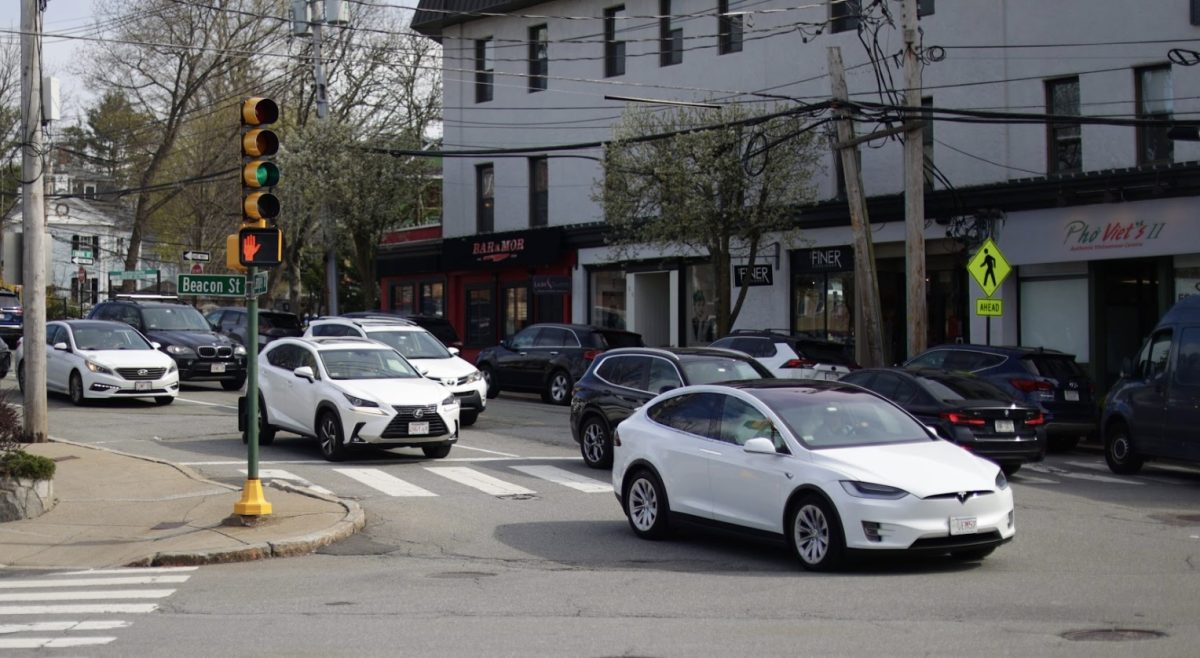Soon, it will be easier for people with disabilities to get around Boston.
The Massachusetts Department of Transportation (MassDot) announced the launch of a one-year pilot program on Monday that partners with Lyft and Uber to expand handicap-accessible transit in Boston.
The program provides financial incentives to the companies in attempt to increase the availability of wheelchair accessible vehicles. For every hour that wheelchair accessible vehicles are made available for use, Lyft and Uber will receive a subsidy of $24 from MassDot and the Massachusetts Bay Transportation Authority (MBTA).
The goal of the program is to quadruple the amount of vehicles available to passengers with disabilities who need them, read the official statement released by the MBTA.
“I want to thank Lyft and Uber for their participation in this effort, and I’m excited that the MBTA is playing a critical role in expanding access to mobility for our riders and the general public,” said Steve Poftak, general manager of the MBTA, in the statement.
The program seeks to fill in the gaps in the MBTA’s paratransit program, known as “The Ride,” which provides door-to-door service with wheelchair accessible vans for people with physical, mental, or cognitive disabilities that make it difficult or impossible to ride MBTA buses or trains.
While The Ride provides access to transportation, trips must be scheduled at least 24 hours in advance, prices are higher, and passengers must set up an individual account with the MBTA in order to pay, making it inconvenient and expensive to get around. The goal of the pilot program is to combat these drawbacks and make the cost of transportation accessible and affordable for all bostonians.
The projected cost of the program is currently estimated at about $2.4 million a year, according to The Boston Globe, and funding comes directly from the ride sharing companies themselves, specifically the 20 cent per-ride tax Uber and Lyft pay Massachusetts each year for every completed ride.
Many lawmakers and transportation officials, including Mayor Martin J. Walsh, BC ’09, are pushing for higher fees on ride-hail trips to help fund public transit. If successful, this program could be continued long term, or even implemented in other cities and states, according to the official statement released by the MBTA.
“Today’s announcement is an important step, but we know there’s more work to do, and we’ll continue to partner with cities and states to improve access for people with disabilities,” said Koosie Boggs, Uber’s head of rides in New England, in an official statement.
Featured Image by Maggie DiPatri / Heights Editor

